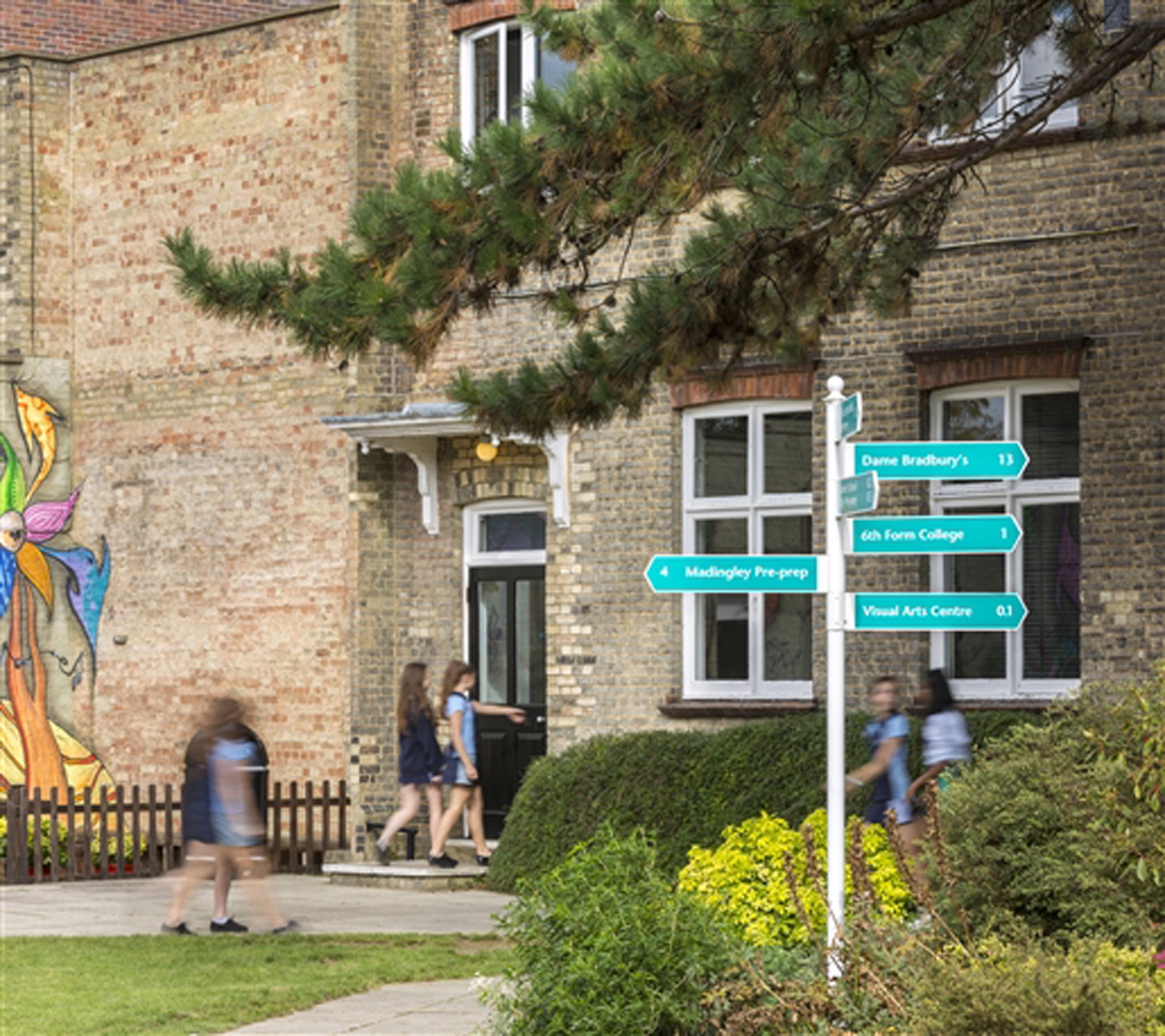
Early entrants
Does your child speak a language other than English at home? They may wish to take an exam in their heritage language.
As guidance, here are some of the questions we are frequently asked:
When is it a good idea to take the exam?
In some cases it is not recommended to take the exam too early as the student may not be mature enough for the examination experience and material. The student’s progress in other subjects and the disruption to these classes by taking the language exam early also need to be taken into account.
Furthermore, the earlier a GCSE Language exam is taken, the less likely it is to be valued in future UCAS applications on the grounds that it is a qualification in the heritage language. It is therefore recommended that the student sits the GCSE exam either in Year 9 or 10. (In the case of A Level exams, these are normally disregarded in UCAS applications unless taken in Year 13.)
What is the procedure for deciding whether to take a languages exam early?
The student should first ask their parents to approach the Head of Modern Languages Faculty to discuss the option of sitting an exam early.
The next step is for the individual Head of the Language concerned to ascertain the linguistic level of the student. They may be very competent orally but not have had much practice in writing in their mother tongue. If it is a modern language we do not teach, we will liaise closely with the family and work together to make arrangements for an oral examiner.
Guidance will be offered and the student might be recommended for the exam, the timing of which will depend on their level of fluency and their ability to cope with the examination techniques required.
In the case of A Level exams, the topics can be challenging and of an adult nature. There would need to be the ability to read and analyse articles in unadapted native language and to carry out a high level of research independently.
Having received guidance from the Languages department, you should email the Exams Officer, Ms Smalley, ksm@stephenperse.com and the Head of Faculty for Modern Languages, Claudia Freeman, cfr@stephenperse.com.
Please note that, where an early entry is made for a student who is not taking the subject within the curriculum, we do not provide tuition in preparation, though some feedback on mock oral assessments can be arranged.
when should the request be made?
The request should be made in the autumn term before the summer session in which the student would like to sit the exam. For most of the exams available, there are no coursework components but it is essential that preparation for the exam begins early.
what are the costs?
Parents would need to pay the examination fee and the administration costs to the Exams Office. Payments would be required for individual assessments (e.g. the oral exam) and preparation, and possibly invigilation.
what if the language is not offered in curriculum?
In the first instance approach the Head of Faculty of Modern Languages. We are able to consider certain languages for native speakers not offered in the curriculum, such as Japanese, Polish and Portuguese. Candidates would need to cover the additional costs of the oral examiner.
What are the arrangements regarding chinese?
Students can study Mandarin Chinese as part of the curriculum which leads to a GCSE. The board we use is AQA. If your child is a heritage learner or has studied Mandarin Chinese for more than several years, IGCSE Chinese as a second language might be more suitable. Both these exams are 100% final assessment and can be chosen as part of the curriculum or as an additional early entry.
There is the option to sit A level Chinese (Mandarin) for native speakers in the sixth form. They should approach the Head of Mandarin to discuss.
what are the exam boards used by the stephen perse foundation?
Pearson GCSE French 2024 Pearson Edexcel GCSE French (2024)
AQA GCSE German 2024 https://www.aqa.org.uk/subjects/languages/gcse/german-8662
AQA GCSE Spanish 2024 https://www.aqa.org.uk/subjects/languages/gcse/spanish-8692
AQA GCSE Mandarin https://www.aqa.org.uk/subjects/languages/gcse/chinese-spoken-mandarin-8673
Cambridge Assessment IGCSE Mandarin as a second language Cambridge IGCSE Chinese - Second Language (0523).
A level Edexcel French, Mandarin & Russian: Pearson Edexcel A levels
A level AQA German & Spanish: https://www.aqa.org.uk/qualifications